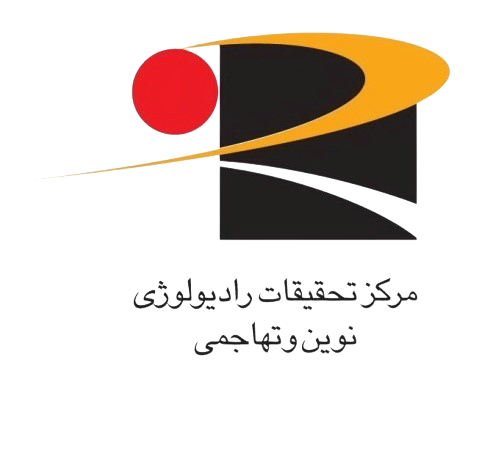Preoperative Conventional and Advanced Neuroimaging for Awake Craniotomy
.png)
Neuroimaging noninvasively provides valuable information about brain structure, physiology, and function. Since the discovery of magnetic resonance imaging (MRI), it has played an efficient role in the diagnosis, treatment planning, and follow-up assessment of brain lesions. Conventional neuroimaging is used to evaluate the lesion location, extension to periphery, size, and effect upon the ventricular and vascular system. Advanced neuroimaging such as functional MRI (fMRI), diffusion tensor imaging (DTI), perfusion-weighted imaging (PWI), and magnetic resonance spectroscopy (MRS) has a more effective role to assess brain function, metabolism, and biochemical changes. In this chapter, we provide an overview of the current state of conventional and advanced neuroimaging protocols as it relates to presurgical planning for awake craniotomy.






ارسال نظر